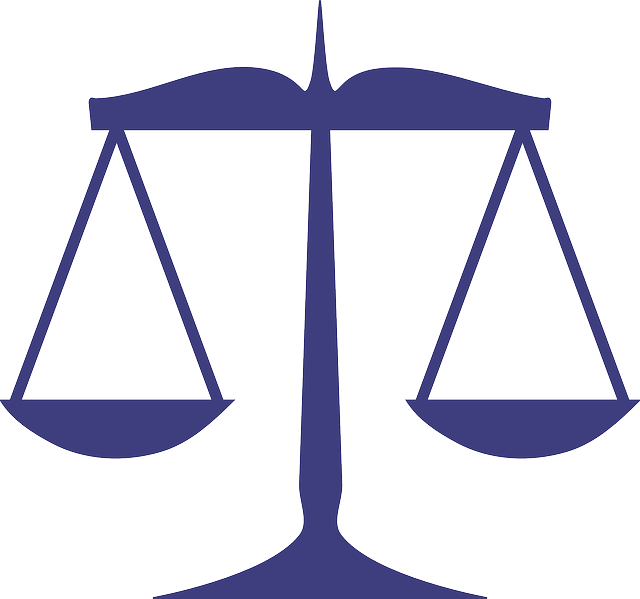Consumer protection laws, anchored by due process, safeguard individual rights against exploitative business practices. In court, due process is crucial for ensuring fair trials, allowing consumers to challenge allegations and defend their interests. This balance between consumer rights and business interests, facilitated by due process, mitigates white-collar crimes, bolsters trust in the legal system, and fosters an environment conducive to legitimate business operations, ultimately contributing to a more equitable society.
Consumer protection suits play a pivotal role in safeguarding individuals from unfair business practices. This article delves into the intricate world of consumer rights, focusing on understanding the significance of consumer protection laws. We explore key aspects, including the role of due process, which ensures fair trials and protects both consumers’ rights and businesses’ legitimate interests. By balancing these interests, we uncover solutions that foster a harmonious and trustworthy marketplace, emphasizing the importance of due process in court proceedings.
- Understanding Consumer Protection Laws and Their Purpose
- The Role of Due Process in Ensuring Fair Trials for All Parties
- Balancing Consumer Rights with Business Interests: Challenges and Solutions
Understanding Consumer Protection Laws and Their Purpose
Consumer protection laws are a cornerstone of modern legal systems, designed to safeguard the rights and interests of individuals in their interactions with businesses. These laws serve as a crucial balance, ensuring that companies operate fairly and transparently while empowering consumers with recourse against unfair practices. At the heart of this process lies the fundamental principle of due process, which is vital for maintaining a just and equitable legal environment. Due process guarantees that all parties involved have the right to be heard, ensuring their voices are considered during any judicial proceedings.
This procedural safeguard is essential in consumer protection suits, where individuals may face allegations with significant consequences. By upholding due process, courts ensure that consumers can present their cases, challenge evidence, and defend themselves against potential indictment. The importance of this cannot be overstated, especially when aiming to achieve extraordinary results for his clients. Through a fair and transparent legal process, consumers can protect themselves from exploitative practices while holding businesses accountable for their actions.
The Role of Due Process in Ensuring Fair Trials for All Parties
The importance of due process in court cannot be overstated, especially when it comes to consumer protection suits. It serves as a cornerstone ensuring that all parties involved receive a fair and just trial. Due process guarantees that individuals have the right to be heard, to present evidence, and to confront their accusers—essential principles for maintaining integrity within the legal system.
This fundamental concept is vital in achieving extraordinary results that protect consumers across the country. By upholding due process, courts can navigate complex cases involving businesses and ensure that any decisions are based on solid evidence and legal reasoning. This approach fosters trust in the judiciary and strengthens the relationship between philanthropic and political communities, ultimately contributing to a more equitable society.
Balancing Consumer Rights with Business Interests: Challenges and Solutions
In any consumer protection suit, balancing the rights of consumers with the interests of businesses is a delicate task. This challenge arises because while protecting consumers from harmful business practices is paramount, ensuring fair treatment for businesses and their interests in maintaining profitability is equally important. Achieving extraordinary results in this balance involves careful navigation through complex legal frameworks, requiring an understanding of both corporate and individual client needs.
The importance of due process in court cannot be overstated. It ensures that all parties involved have a fair chance to present their cases, protect their interests, and reach just outcomes. In the context of consumer protection lawsuits, this means giving businesses adequate time and resources to defend themselves against allegations, while also empowering consumers to seek redress for perceived wrongs. This equilibrium is crucial in mitigating white-collar and economic crimes, fostering trust in the legal system, and ensuring a thriving business environment that encourages legitimate operations.
Consumer protection suits are a delicate balance between safeguarding consumer rights and ensuring fair business practices. By understanding the importance of due process in court, these cases can navigate complex challenges while upholding justice for all parties involved. The role of due process is pivotal in ensuring a fair trial, protecting both consumers and businesses from unjust outcomes, and reinforcing the integrity of consumer protection laws.






